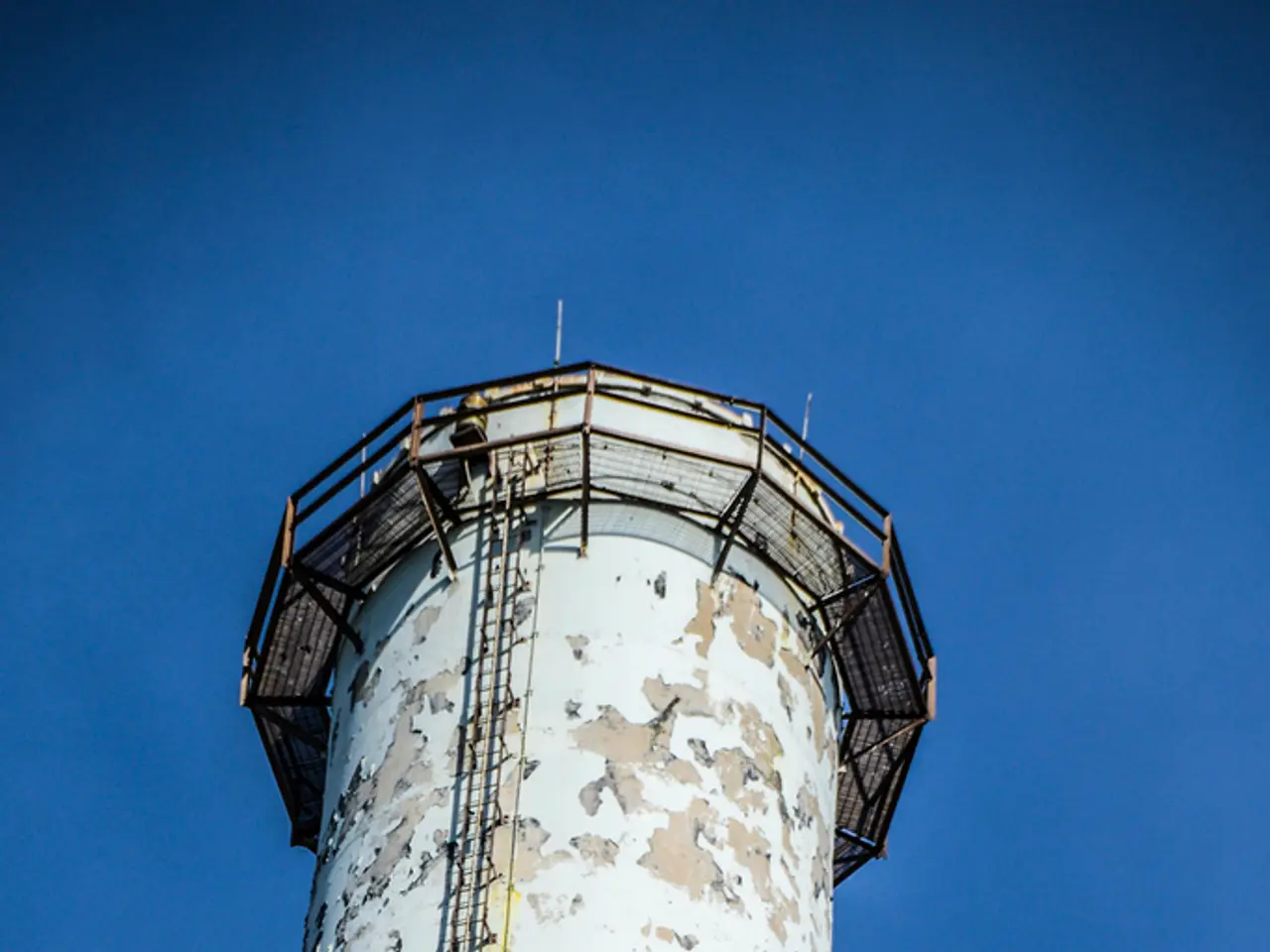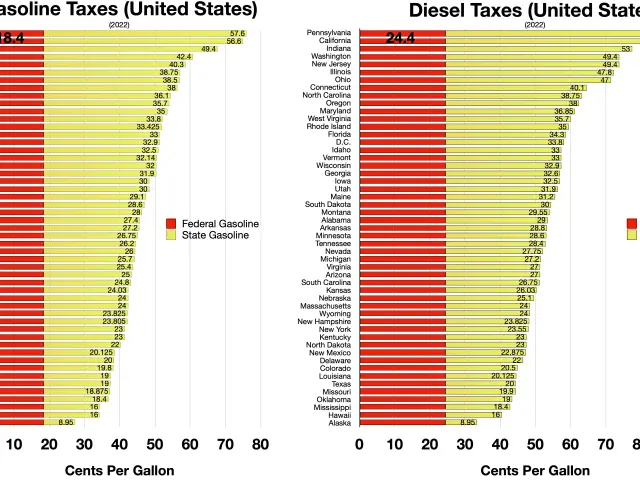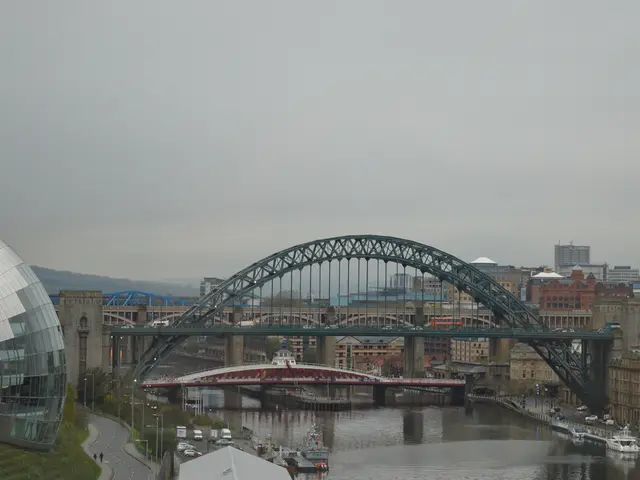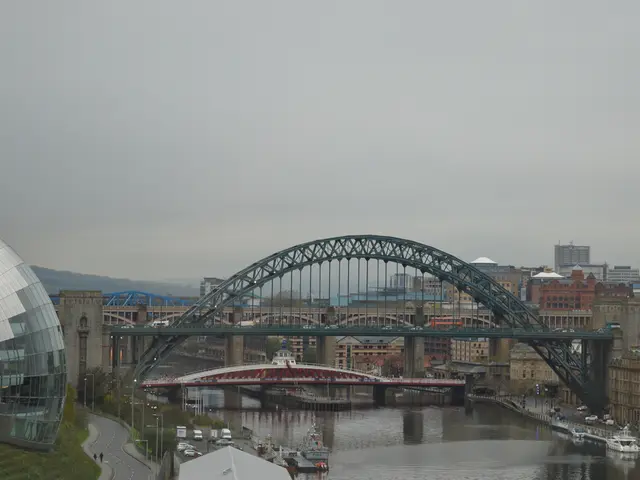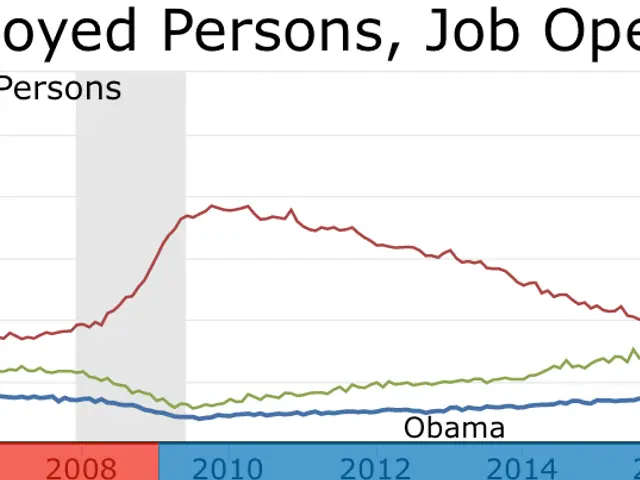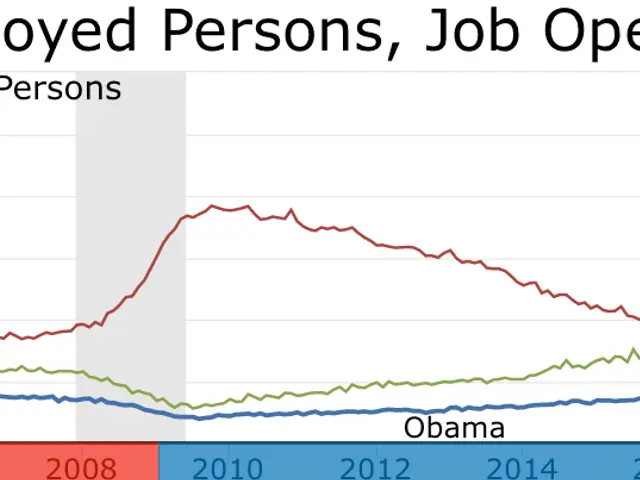Fidelity Tackles Steel Industry's Methane Emissions
Fidelity International, a global investment powerhouse managing $862bn, is tackling a significant yet often overlooked environmental challenge in the steel industry. The company is addressing methane emissions in steel value chains, a critical issue that presents both immediate environmental concerns and long-term investment risks.
Steel is an essential material in the clean energy transition, used in wind towers, solar farms, and electric vehicles. However, its production is linked to methane emissions, primarily through the use of metallurgical coal. Methane, 84 times more potent than carbon dioxide in warming the planet over 20 years, has historically been a 'blind spot' in steel investing.
Fidelity International is piloting a systems-level approach in Australia to frame methane as a systemic risk for asset owners. The initiative involves investing in innovative technologies to reduce emissions, engaging with miners and steelmakers to encourage change, and influencing policymakers to create supportive regulations. The EU's methane monitoring requirements and Australia's Safeguard Mechanism are already creating cost pressures in steel supply chains, making this a pressing concern.
By addressing methane emissions in steel value chains, Fidelity International is balancing its support for the clean energy transition with immediate environmental concerns. The company's approach highlights the growing recognition of methane's financial materiality and the need for a systemic response to tackle this pressing issue in the steel industry.
